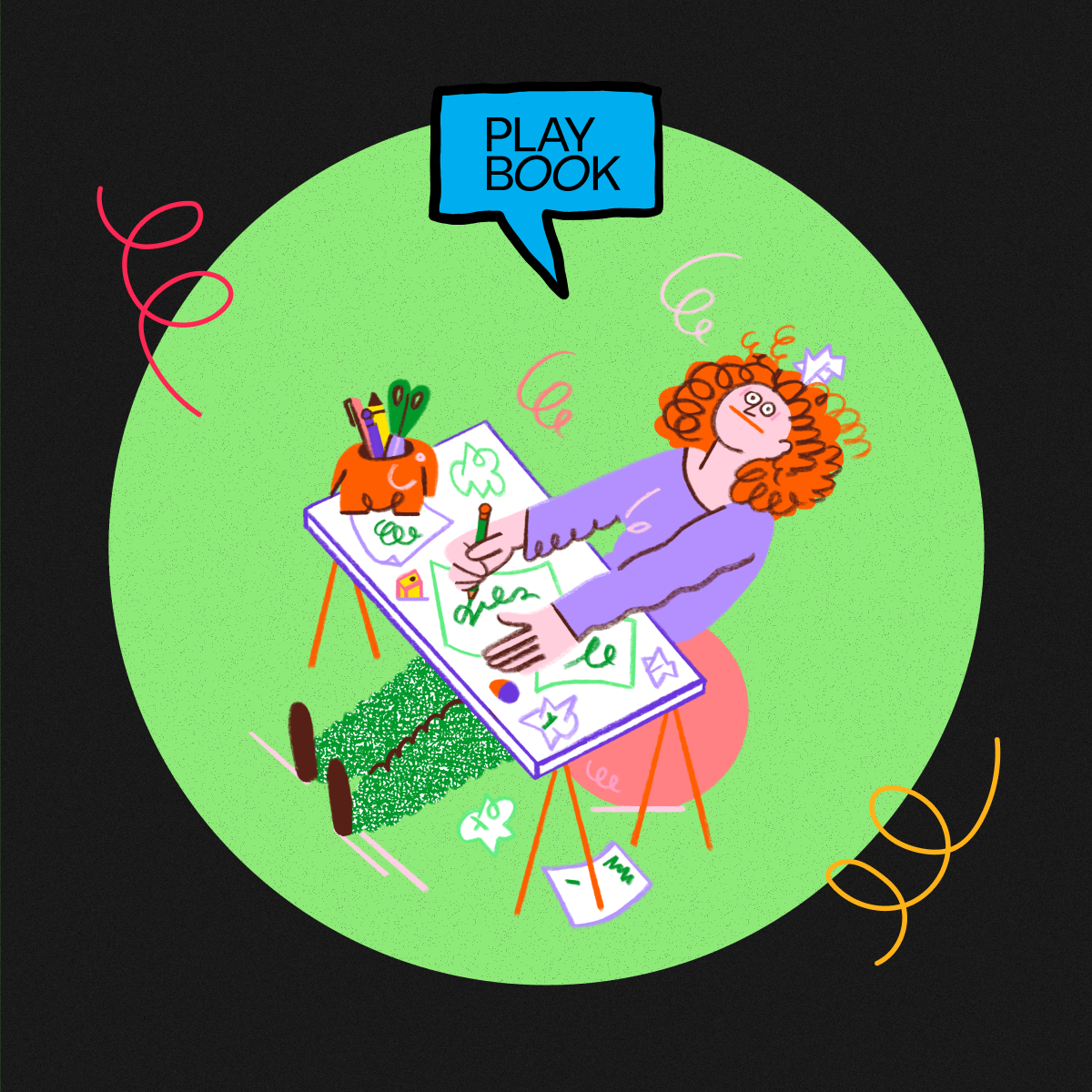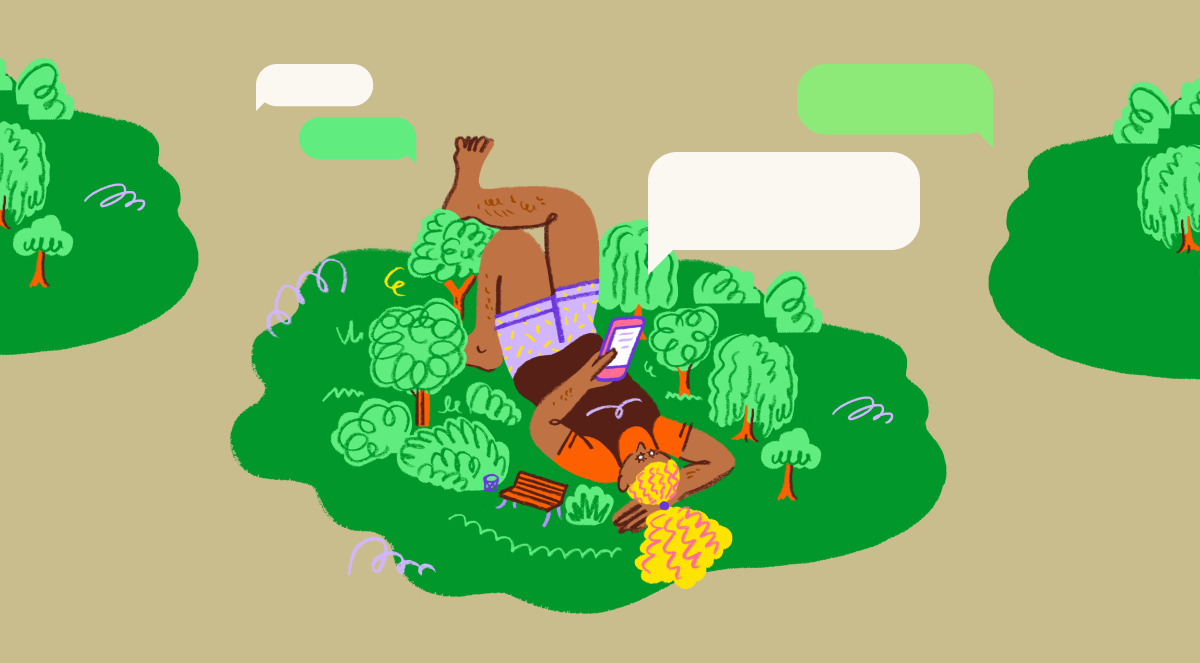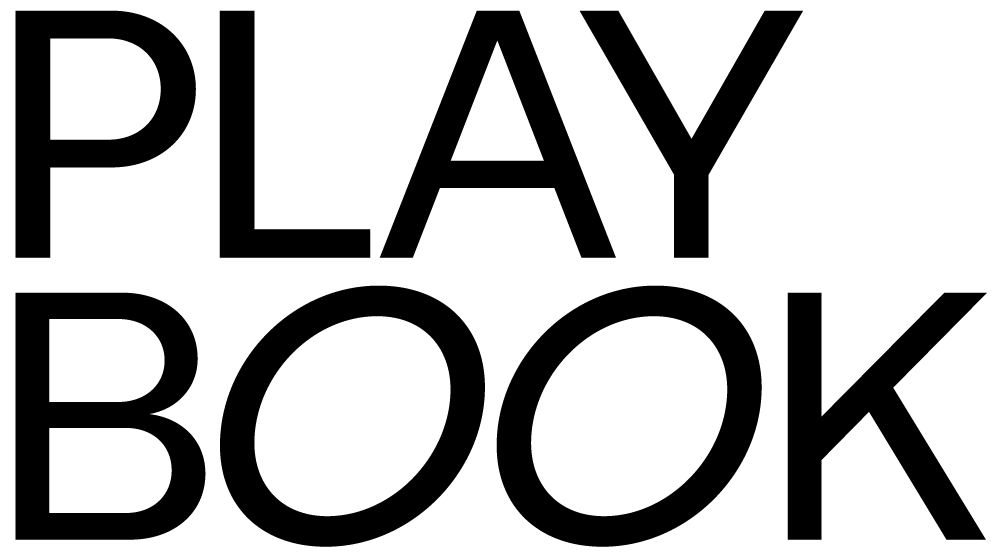
As of 2022, there were 200,000 interface designers in the US alone — a figure that’s projected to grow to 229 thousand by 2032, so it’s a great time to be embarking on a career in design.
The only thing standing between you and your next job is a job interview. Although interviews can be nerve-wracking, a little preparation can go a long way in showing the hiring manager you’re the right fit for the role.
To help you ace it with flying colors, we’ve rounded up 16 of the most common questions you can expect in your next UI/UX designer job interview — plus some bonus lesser-expected ones.
Questions about you

These questions are designed to help the interviewers get to know you and start to gauge whether you’re right for the position.
But don’t be fooled by the simplicity of the questions — the interviewers will want to understand your journey with UI and UX design, what motivated you to choose this career path, and any relevant experience you have.
Don’t worry if you don’t have a ton of experience yet — you can also talk about coursework or other jobs that inspired you to get into design.
- Tell me about yourself and your design background.
This question allows you to introduce yourself and give a brief overview of your education and qualifications, certifications, work experience, and design philosophy.
It also gives you the opportunity to explain what your strengths and interests are, what excites you about the job, and briefly introduce why you’re the best candidate for the role.
Alternative ways they might frame this question include, “What did you do before deciding on UX/UI?”
2. What inspired you to become a UX/UI designer?
With this question, the interviewer is looking to understand your passion for UX/UI design and your motivations for pursuing this career path.
Cey Flores, a designer based in Barcelona, says a lot of people she’s met want to get into UX and UI design for the money or because they think it’s easy. Therefore, this question helps the interviewers understand whether you’re truly passionate about design or have other motivations.
You can’t fake passion — you must have a ton stories from your life that set you on the path of a UX/UI designer. Perhaps you or someone you know had an accessibility problem that needed solving, maybe you used an app that wasn’t fit for purpose and thought you could improve it, or perhaps you were inspired by the work of a famous designer or even someone you know.
This question may also be phrased in different ways, for example:
- Who or what is your design inspiration?
- What made you go down this route rather than into traditional design fields?
Questions about your work experience and skills
These questions will allow you to dig a little deeper into your work experience and demonstrate your design skills.
To answer them effectively, use the job description and research the company you’re applying to work for to align your answers with their expectations.
- Walk me through your portfolio.
Be prepared to discuss your past projects and your role in each one, but don’t include everything you’ve ever worked on if your portfolio is extensive. Pick some of your favorite projects, as these will be the best examples of your work and will also display your passion for design.
For instance, you might pick a set of wireframes you created for a mobile app user interface or a case study of a website project you’ve worked on. Try to choose a range of different types of projects that showcase your diverse skills.
2. What projects are you most proud of in your UX design portfolio?
With this question, the interviewer is looking for insights into your design choices and problem-solving abilities. Aim to select projects that demonstrate a variety of skills and a clear impact on user experience.
3. What are your favorite tools and techniques for UX/UI design?
This question allows you to share your knowledge of the latest and most common UX/UI design tools and techniques.
For example, maybe you’re a Figma fiend or a Uizard wizard — explain your skills with these tools, how you use them, and what you like about them.
This is an opportunity to demonstrate your technical skills, from knowledge of popular design industry tools to experience with the latest techniques. Explaining why you use each tool or technique or how you choose the right approach for the task at hand also provides insights into your thought processes.
4. How do you stay updated on the latest design trends and technologies?
With this question, the interviewer wants to know if you are proactive in keeping your skills and knowledge up-to-date. UI/UX design is a fast-moving industry, and the most successful designers stay on top of the latest trends and developments.
For instance, do you subscribe to newsletters or listen to podcasts about design? Let them know how you stay at the leading edge of UX and UI design.
Alternatively, they may ask you to show them a piece of design work you’ve seen recently that’s inspired you. This shows that you have an interest in design trends and are constantly looking for new sources of inspiration for your own work.
Questions about how you work
These questions dive a little deeper into your technical background and abilities. The interviewers will be looking for certain skills that fulfill the criteria for the role, so again, it’s essential to use the job description to prepare your answers accordingly.
- How do you approach user research or usability testing?
Research and testing are core skills for UX/UI designers. In your answer, make sure you highlight your ability to empathize with users and make informed design decisions using proven UX research methods.
2. Can you walk me through your design process?
This question assesses your understanding of the end-to-end UI/UX design process and methodology, from research (including gathering user insights) and ideation to prototyping, testing, and iterating based on feedback.
Be prepared to provide a step-by-step explanation, highlighting your contributions at each stage and how you use design thinking to come up with solutions to design problems.
3. How do you collaborate with others?
This question allows you to demonstrate your soft skills, such as teamwork, empathy, active listening, communication, and collaboration.
The interviewer will be looking for your ability to work well as part of a team and your willingness to make compromises when necessary.
4. How do you stay organized?
Project management is a crucial skill for designers, and with this question, the interviewer will be looking for your ability to manage tasks, meet deadlines, and pay attention to detail.
Your answer should demonstrate your ability to manage your time and workload effectively, including any task or time management tools you use.
Questions about your behavior
With these questions, interviewers will want to assess how well you fit in with the company culture, as well as your ability to handle the challenges that might arise at work.
- What are your strengths and weaknesses as a UX/UI designer?
This question allows you to highlight your strengths and how they would be beneficial to the company. The interviewer will also be looking for your awareness of your weaknesses and how you are working to improve them.
2. Can you tell me about a time when you had to overcome a challenge in your work?
This question allows you to demonstrate important skills — such as problem-solving — and your ability to work under pressure. The interviewer will be looking for your resilience and your ability to learn from your mistakes.
3. Can you describe a situation where you had to compromise with a stakeholder or team member on a design decision?
This question assesses your communication and collaboration skills. Provide a real-life example of a situation where you effectively balanced design principles with business or technical limitations, such as budget or time constraints.
4. How do you handle feedback?
This question allows you to demonstrate your ability to take feedback and use it to improve your work.
The interviewer will be looking for your openness to feedback and willingness to learn, as well as your ability to not take negative feedback personally.
5. Why are you interested in this position?
This question is another opportunity to express your enthusiasm for the job and the company.
The interviewer will be looking for your genuine interest in the role and the company’s mission, so it’s important to thoroughly research the organization before your interview.
Bonus points if you can give an explanation of how you see yourself helping the company achieve its goals or even steering it in a new direction in the future — this will demonstrate your ability to plan and think strategically to achieve a vision.
Questions about your goals
- What are your career goals?
This question allows you to share your vision for your future in UX/UI design. The interviewer will be looking for your ambition and your commitment to the field, as well as alignment between your professional goals and the company’s business objectives.
2 unexpected interview questions
Some interviewers like to test candidates with more ‘out-there’ questions to see how you’ll react, or gauge your creativity, culture fit, or ability to think on the spot.
Olivia Messer, a designer from York, shares two of the most surprising questions she’s come across in interviews — and how she answered them with humor.
- If you could be any chocolate what would you be?
Olivia’s answer was KitKats because, as she says, “I like KitKats, so why not?”
2. If you could be any animal in the world what would you be?
Olivia said she’d be “a golden retriever to a wealthy family with lots of land who would spoil me rotten.”
Your UI/UX design career starts here
The questions listed above are a great starting point that will — hopefully — help you land your next (or first!) design job.
But what comes after that? How do you build your career as a UI/UX designer?
Fortunately, we’ve got the answer to these questions and more in our blog: “7 tips to grow your career as a UX designer.”
